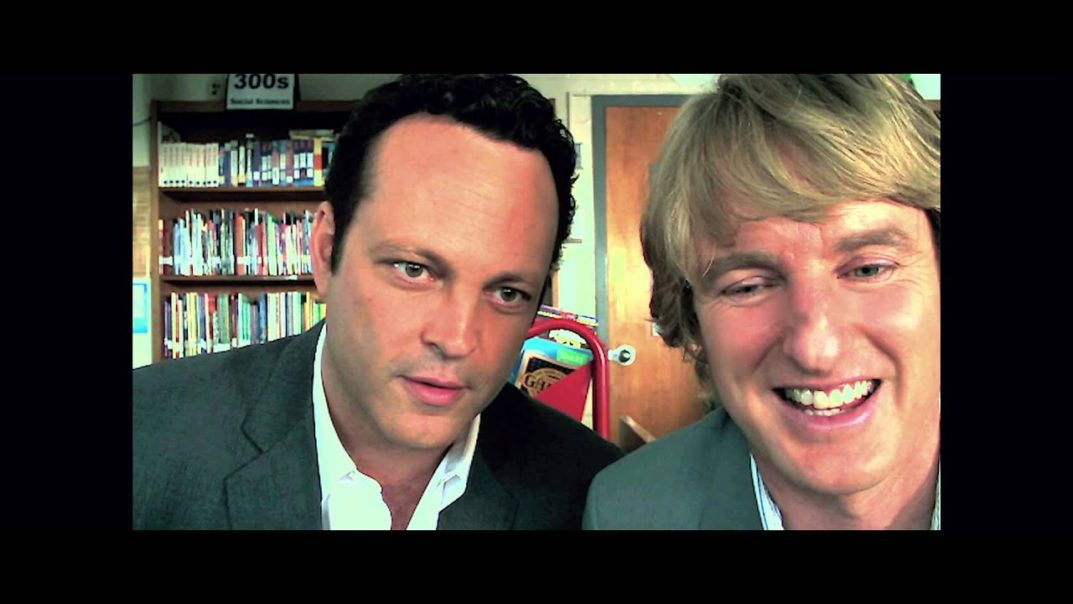Recruiting Toolbox Blog
Video Interviewing isn't a Magic Recruiting Cure-All – Things to Think About Before You Invest

[This blog post first appeared on Fistful of Talent in June 2020]
I decided to go to a #BLM protest last week, the first protest I’ve ever attended in my 48 years on this planet, to listen and learn. Today, I wanted to write about what I learned, but it’s not the time. I need a lot more time to process what I witnessed and learned. On this topic, I need to talk less and listen more.
I decided to switch gears and get back to the basics on…drum roll…video interviewing. Video Interviewing has been a go-to recruiting solution in 2020 for 1000 different reasons. And although some may be tired of the topic, I still get lots of people asking me for advice. I am here to serve, so here goes!
Video interviews seem like a mystery to some, but video interviewing has been around for many years. Video interviewing has both advantages and disadvantages but is a solid way to create new interviewing efficiencies and improve candidate experiences.
That said…
Video interviews aren’t the magic pill one needs to find the right talent.
It would be a misstep to think that. No interviewing method is, including live, phone, or assessments. Finding the right talent comes waaaay before the interviews begin. Finding the right talent only happens if recruiters, hiring managers, and every person involved in the hiring process are 100% aligned. Aligned on the candidate requirements, the trade-offs necessary if the market doesn’t support your budget, who is responsible for each part of the interview, the entire recruiting process, and the employer brand.
Once, and only once you achieve alignment, then video interviewing can be very successful.
There are indeed advantages of conducting video interviews over in-person interviews.
Three main ones, in my opinion:
- Increased interview speed,
- Lower costs (potentially),
- An improved candidate experience (in some cases).
If someone can interview via a video platform (i.e., Zoom, MS Teams, Google Meet, Skype, etc.) vs. traveling to the office, intuitively, it’s more efficient for the candidate and the interviewer. For instance, there is no reason for the candidate to worry about getting stuck in traffic. It’s easier for the candidate to take an hour or two off of work to have the interview (vs. a whole day). Also, it costs much less than flying an out of state candidate in for a live interview.
Of course, there are some disadvantages.
Hiring managers and candidates not used to virtual tools can be a hot mess at first. That bears repeating—a hot mess.
If they don’t know how to turn on the camera, they forget to mute, or the connection drops, it can be a hindrance, big time. People not used to seeing themselves on video can become distracted or self-conscious, which can interfere with how they answer questions with confidence.
Of course, there is a solution to this. Train hiring managers to not care about this reality. Most of the time, the hot messiness has nothing to do with the candidate’s actual ability to do the job. Let’s save this rabbit hole for exploration in another post.
Also, it may be easier for a hiring manager to cancel at the last minute. That also bears repeating, so I will. Video interviewing makes it A LOT easier for a hiring manager to cancel at the last minute.
But let’s get down to the nitty-gritty. Can video interviews help interviewers conduct the behavioral analysis and soft skill evaluation of each candidate?
Sure!
The best way to understand candidates’ behaviors is by asking behavioral interview questions, which you can do via video. Once interviewers know how to ask open-ended questions, questions that by design make the candidate “prove’ how they got past results, then any interview method will work, including video.
Soft-skills evaluation is typically a yes, but at times a maybe. The go-to soft skills most consider are “presence,” “command,” and “communication”. Video interviewing is an excellent assessment method only if the job requires excellent communication skills in a video setting, for instance, if you are questioning a recruiter. Many jobs that require excellent communication do not ever use video.
What is the bottom line?
Video interviews are great. They can be an excellent and effective tool for recruiting. But, just like any piece of technology, it is only as effective as the recruiting strategy, team, and processes already in place. Until you get those things nailed down, you may as well throw a dart at a wall full of resumes and hire whichever candidate is lucky enough to get pinned.
